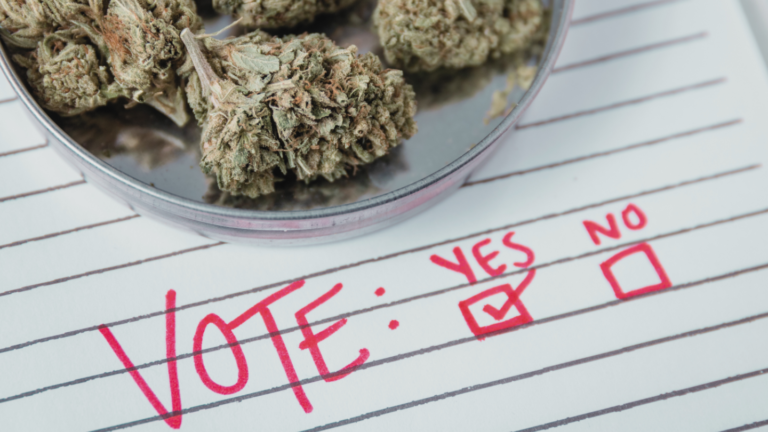31 August 2023, 12:05
Legislative Council of Victoria, Melbourne
David ETTERSHANK (Western Metropolitan):
My question is for the Minister for Corrections. Victorian prisoners pay more for phone calls than prisoners in any other state in Australia. A 12-minute phone call costs $7, more than prisoners earn in a day. The cost of and time limits on phone calls restrict meaningful connections between prisoners and their families. Contact with family has been linked to positive outcomes for both prisoners and their families following release. Minister, during your appearance at the Yoorrook commission on 15 May you heard evidence of the disproportionate impact the cost of phone calls is having on Victoria’s First Nations people given their unique family and cultural obligations. You acknowledged that the charges are excessive and gave a commitment to do something about it, so I ask the minister: what progress has been made in reducing the high cost of phone calls in Victorian prisons?
Enver ERDOGAN (Northern Metropolitan – Minister for Corrections, Youth Justice and Victim Support):
I thank Mr Ettershank for his question and his passionate interest in my corrections portfolio. I do need to recognise that phone calls in our corrections system are significantly higher than what they are in the community. There are a number of reasons for that. One is the contractual settings in place, because there is more complex monitoring of those calls for the safety obviously of the facilities but also the broader community. There are restrictions on who people in our custodial settings can communicate with; Corrections Victoria manage that process. But as you have clearly and correctly stated, at the Yoorrook commission we heard from our First Nations communities about the importance of connection with family and community to help in people’s rehabilitation.
As minister, I have stated that I am committed to looking at this issue and exploring all options to improve connection with family and community, and I can report to the chamber that we have more digital options in place in our corrections setting. People have options to return to in-person visits since the pandemic. Obviously that has returned now. Most of the COVID-based restrictions no longer exist. But we also have Zoom calls that we do facilitate for prisoners. That was put in place through the pandemic, but we have kept it. We have got the technology in place at no cost for prisoners. That is an option. Prisoners can list people for Corrections Victoria to approve – usually family and community members – that they can contact, and they have access to those facilities. But in terms of telephone calls specifically, that is something that I have asked the department to look at. There are a number of options we are exploring, but that work is ongoing.
David ETTERSHANK (Western Metropolitan):
I thank the minister for his response. Following on from your final point there, I am not sure whether I have understood it correctly, but obviously a key recommendation of the inquiry into children affected by parental incarceration was to go that one step further beyond phone calls and to explore the provision of live chat across all Victorian prisons. Is the government actually doing that or is it giving consideration to that option, and what is the status of that process, please?
Enver ERDOGAN (Northern Metropolitan – Minister for Corrections, Youth Justice and Victim Support):
I thank Mr Ettershank for his supplementary question. As I stated, during the pandemic Zoom facilities were provided. Tablets were purchased and a range of technology implemented across our premises. I understand that at all the main prisons that is available. You need to pre-book; there is that requirement. I think that is for security reasons, because obviously there is a risk. There is a criminal element there that may try to take advantage of these services that really are for direct family and community support purposes. So they are available. I can provide further details to you later in terms of how prisoners can access those services. They are across the board, and we are looking at expanding those kinds of digital opportunities for engagement.
[Ends]





